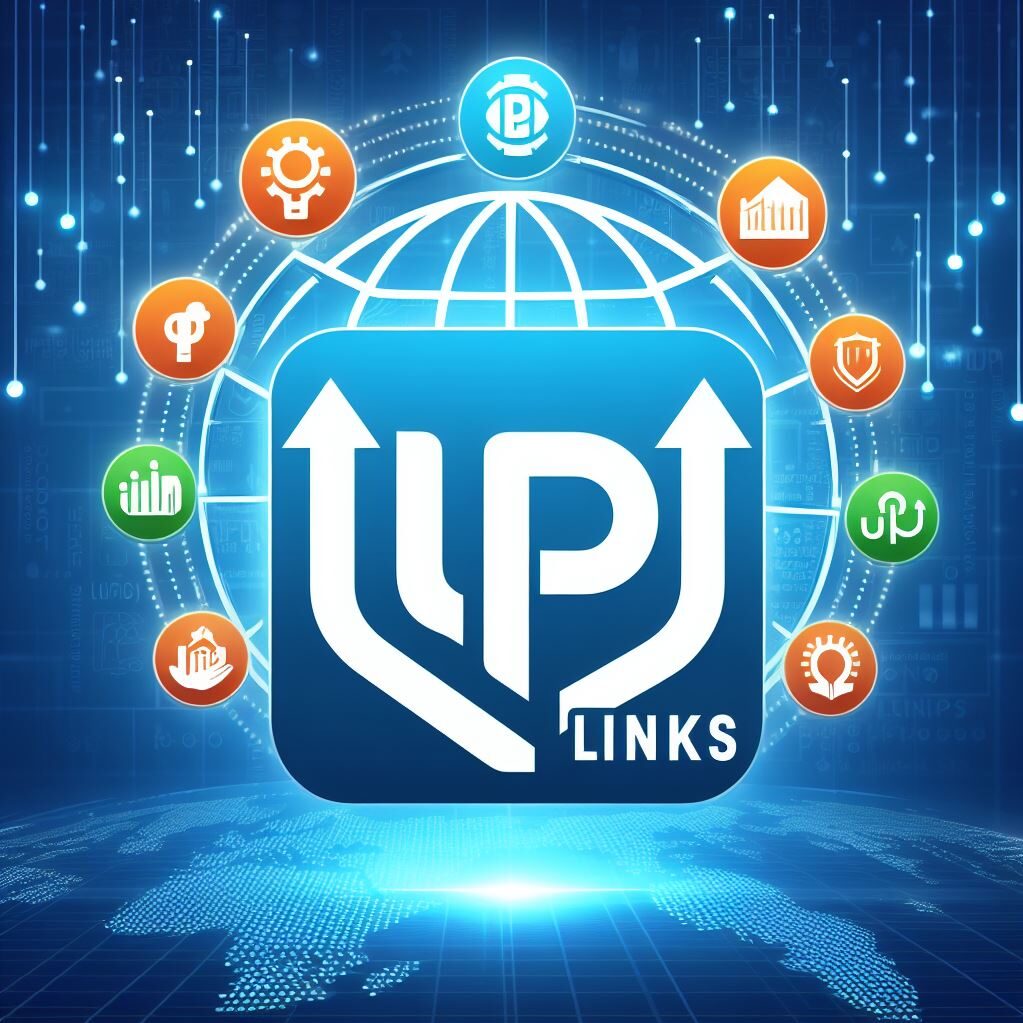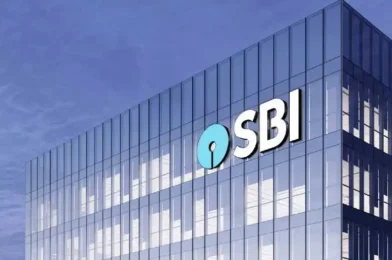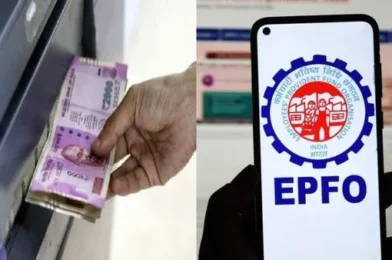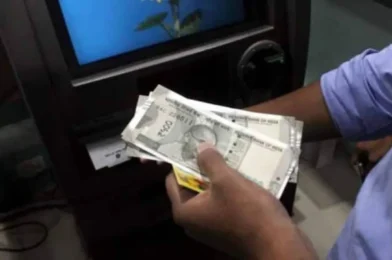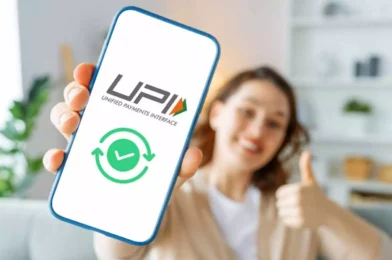SBI Services Hit by Major Outage; YONO, UPI, NEFT & More Affected, Now Fully Restored
India’s largest public sector bank, the State Bank of India (SBI), experienced a major technical disruption that temporarily impacted several of its core digital banking services. Key platforms including YONO, RTGS, NEFT, UPI, Internet Banking (INB), and IMPS went offline for several hours, affecting users across the country.
Customer Complaints Surge Overnight
According to real-time outage tracking platform DownDetector, the issue began around 1:00 AM, with over 400 customer complaints logged within a short period. Users reported being unable to initiate fund transfers, access their accounts through the YONO app, or complete online transactions using upi and IMPS.
The outage impacted both individual and business users who rely on SBI’s digital services for everyday banking, bill payments, and urgent financial transactions.
Bank Responds, Services Restored by Afternoon
In an official update posted on social media, SBI acknowledged the technical glitch and assured customers that their teams were working on resolving the issue. By 2:00 PM, SBI confirmed that all affected services had been successfully restored and were operating normally.
“We regret the inconvenience caused due to a technical issue impacting our services. The issue has been resolved, and all channels are now operational,” SBI stated.
No Security Breach Reported
While the bank did not disclose the root cause of the issue, it confirmed that there was no data breach or compromise to customer security. The incident appears to be purely technical in nature.
Public Reaction & Digital Banking Challenges
The incident drew sharp responses from customers on social media platforms, with many expressing frustration over the downtime—particularly as it occurred during critical early-morning hours for businesses and online payments.
This is not the first time a major Indian bank has experienced digital service disruptions, highlighting the increasing pressure on banking infrastructure to handle high transaction volumes and ensure 24/7 uptime in an increasingly digital economy.
Looking Ahead
As digital banking becomes central to India’s financial ecosystem, especially through platforms like UPI and apps such as YONO, any disruption has widespread consequences. This outage reinforces the need for stronger redundancy systems, real-time monitoring, and faster communication from banks during service lapses.
